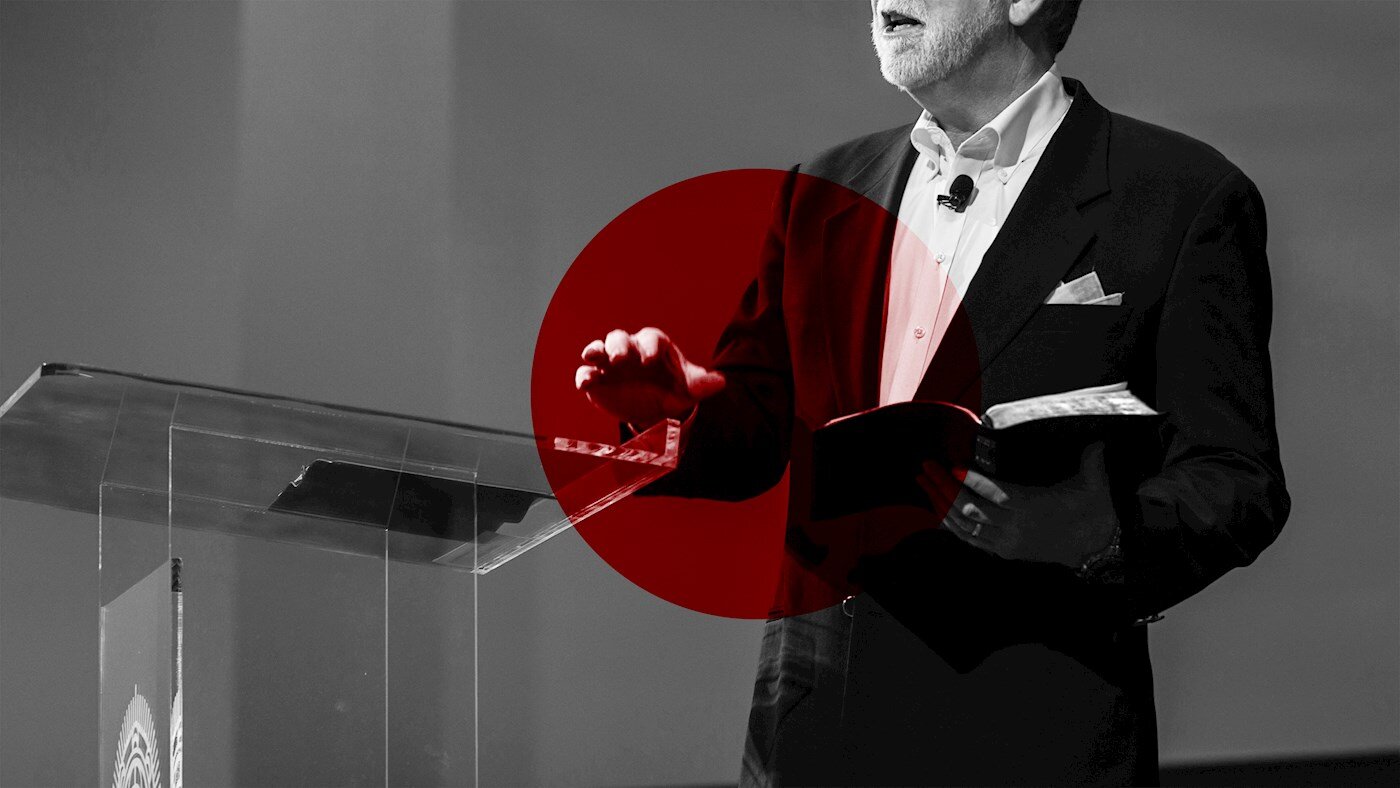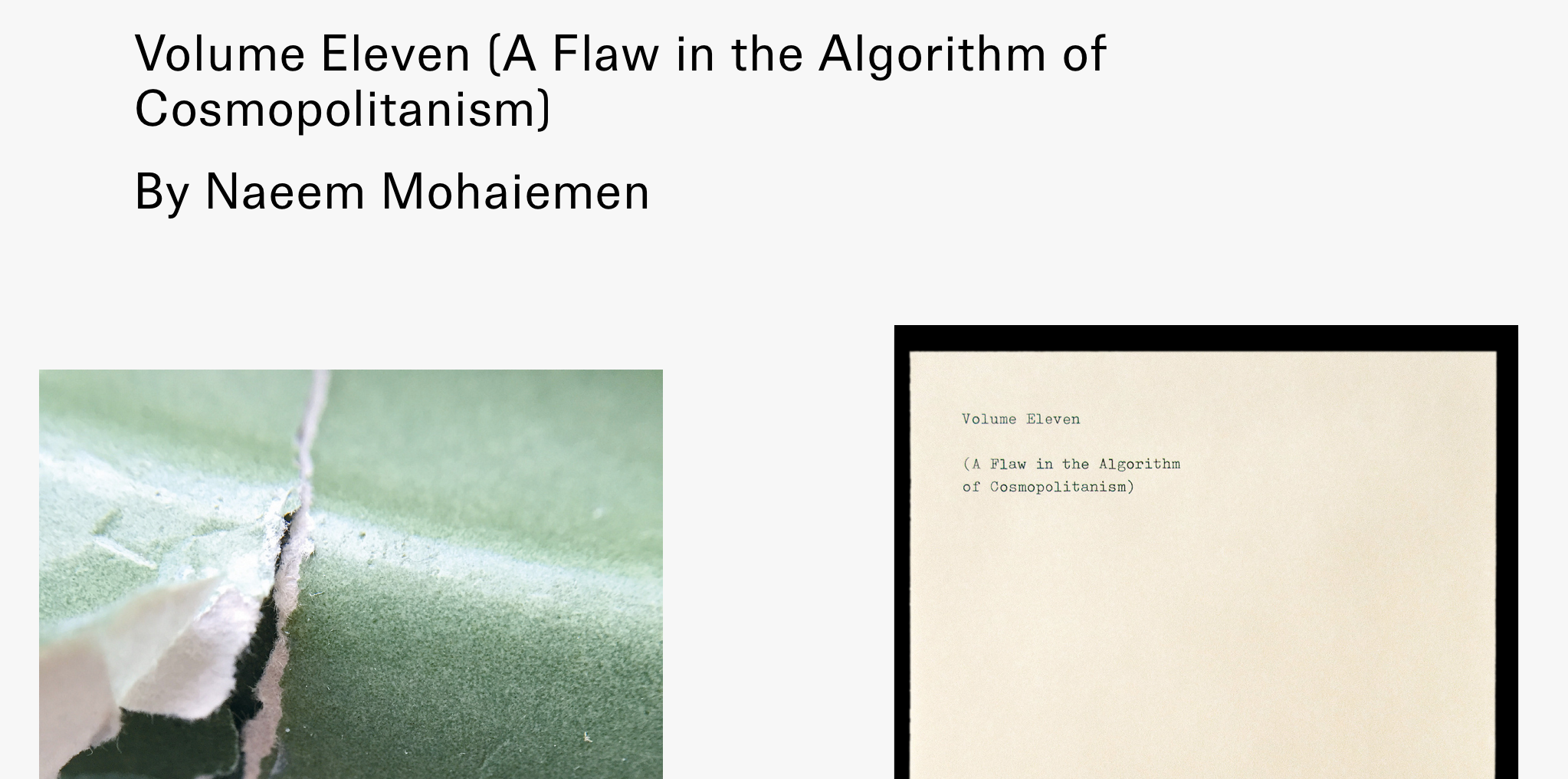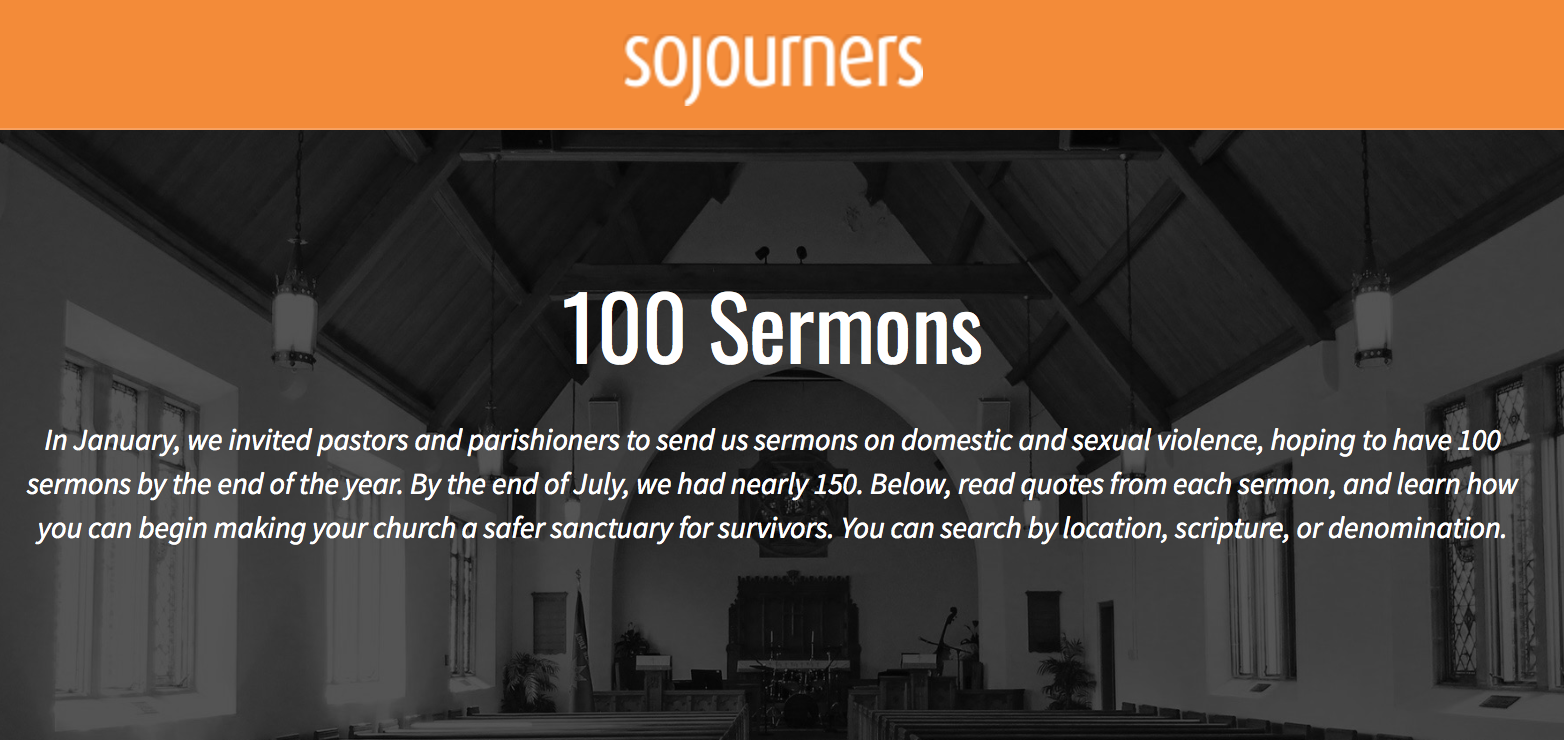ALEXANDRIA, Egypt — the city of learned philosophers and a once-great library, named after Alexander the Great— I head west toward Borg el-Arab to meet Dr. Mohammed Elgazzar, who could be considered a torch bearer for the legacy of Alexandrian medicine.
My car passes numerous pick-ups going in both directions, carrying bovine burdens.
Today is Eid al-Adha— the feast of the sacrifice— and these are the chosen beasts for ritual slaughter. Remembering the story of how God commanded Ibrahim to sacrifice his son Ismail as a test of faith, Muslims slaughter an animal on Eid al-Adha, recalling Ibrahim’s sacrifice and the importance of submission to the will of God.
It is hard to count how many cows I see on my 45-minute drive, but I estimate around 60. My driver, Ahmed, tells me that a cow costs around 55 Egyptian pounds (around $3.25 USD) per kilogram.
I arrive in Borg al-Arab and join Elgazzar and his two sons there to sacrifice their family’s cow and have it butchered for fattah — a traditional dish of rice, pita, and beef. According to the Sunnah— the life and traditions of the prophet Muhammed— one-third of the animal goes to families who paid for it, another third goes to those less fortunate, and the final third to friends, extended family and neighbors.
The Elgazzar cow, presently fighting the group of men seeking to subdue it before slaughter, cost around 26,235 EGP (about $1,583 USD), split between seven families.
Elgazzar makes his way to the front of the pressing crowd with the head butcher and three assistants. They stretch the cow’s neck out with a blindfold over its eyes and its appendages pulled aside by ropes. With a single move and an exclamation of “Allahu Akbar!” the butcher and Elgazzar make the deadly cut.
Butchers prepare a cow for ritual sacrifice at The Republic Butcher and Grill in Eid al-Adha in Burj Al Arab, Egypt. Photo by Ken Chitwood.
The slice is silent, swift and the blood spills out quickly. It looks like a poorly made corn-syrup concoction from a 1950s American war movie. Unreal and yet, visceral. Elgazzar appears unaffected by the process.
After a few minutes, the cow breathes its last and hangs from a chain, to be butchered over several hours.
Elgazzar comments on the anatomy of the beast with the precise eye of a doctor and gives suggestions to the butchers as they make their cuts.
Tiring of the butchering process, we both step outside for some fresh air. As the heat of the day intensifies, I ask Elgazzar about the ironic juxtaposition of wielding a knife to take a life, compared to his usual use of knives to save them.
“These are completely different,” he says sternly, “But I would always prefer to save the life, always.”
Disciplined, dignified and driven by a resonant desire to save those on the brink of death, Elgazzar— whose surname ironically means “the butcher” in Arabic— first thought of medicine as a means to save his mother from a terminal illness. Not able to save his mother, he went on to save countless more lives as a renowned and award-winning war surgeon on both sides of conflicts in Yemen, Syria, Sierra Leone and South Sudan.



























